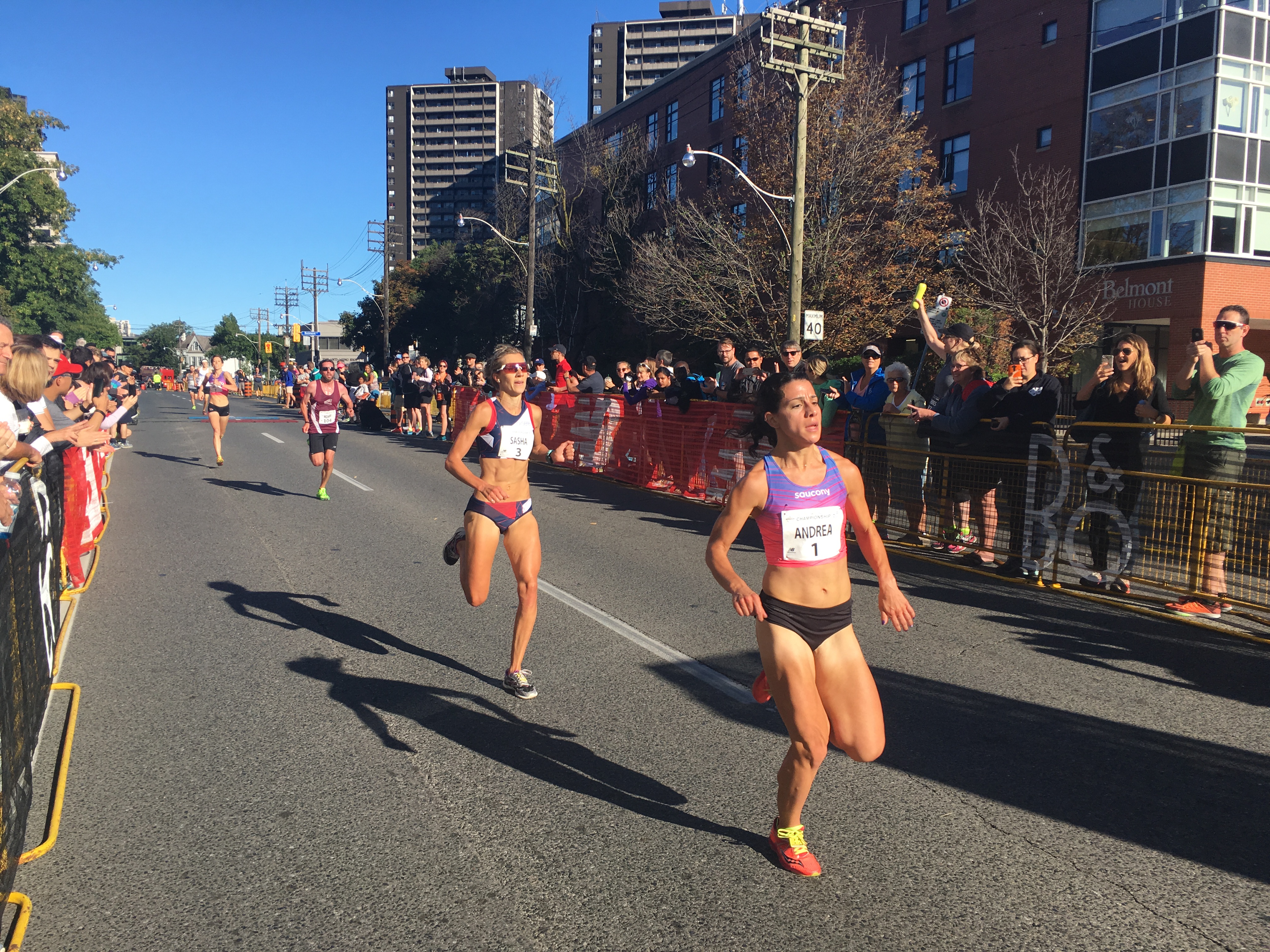As an Olympic athlete, I have a bone to pick with our handling of dopers
Let's call it what is it: doping is fraud.


There’s no denying that track and field has a drug problem. It seems every few weeks there are new accusations, new updates and a new athlete to point the finger at. As an elite, I’m skeptical of the International Association of Athletics Federations (IAAF) and World Anti-Doping Association (WADA) commitment to protecting clean athletes. The IAAF’s recent backing of a proposal to invalidate all world records set before 2005 is an example of why I feel this way.
Untie IOC and WADA
One of the biggest issues for me is the inconsistencies in testing across federations. In theory, every athlete anywhere in the world should be held to WADA’s policies. But in practice, every country has its own testing policies. Some are very stringent, while others are non-existent.
As an athlete in Canada in the testing pool, I’m subject to out-of-competition testing whenever Canadian Centre for Ethics in Sport decides to show up at my door. I have to fill out my whereabouts for 365 days of the year and if I fail to comply with these forms, I’m subject to penalties without exception.
To be clear: This isn’t a complaint. I’m happy to be tested. I write this to point out that this is my monitoring and that my fellow competitors from other federations are not always subject to this same monitoring. Sometimes, they are not even tested out of competition.
WADA is inconsistent in their application of these rules across the board. As an athlete, runner, or fan of the sport, you must ask why this is. I would say that their neglect to apply the rules evenly implies that they’re more concerned about their future diplomatic, political and financial needs within the IOC (International Olympic Committee).
Implement Lifetime Bans
Let’s call it what it is: doping is fraud. In most cases, it’s stealing too. If you commit fraud or steal in any other aspect of business, you go to jail– perhaps even federal prison where you serve behind bars for two years or more. For some reason, these crimes, while similar in nature in track and field, often go unpunished with athletes facing no legal repercussions. The punishments for dopers need to be more harsh– both within the legal system and in the sport.
The physiological benefits that come from doping are long term and don’t disappear after you stop taking the drug. By allowing convicted dopers to return to competition after two or four year bans, our sport continues to put clean athletes at a disadvantage. This to me communicates that the IAAF isn’t committed to cleaning up the sport. Having the threat of a career-ending punishment should be enough to stop the next athlete considering taking a short cut.
Opportunities For Clean Athletes
As a fan of the sport, I want to believe that the remarkable performances that we see every year are real. As an athlete in the sport, I’m skeptical. But I have two options. I can either put my head in the sand and pretend doping doesn’t exist or I can believe that I can get to the level that I want to be at despite it.
I didn’t make the final at the Olympics. Making an Olympic final is potentially a life-changing accomplishment in this sport. It’s likely that there are athletes who are cheating and who have taken these opportunities away from clean athletes. But I also believe that there are many clean athletes who consistently make finals and if they can get there, then so too can the many athletes who compete with integrity.


